“Explore the studio as a sacred space for solitude and meditation.”
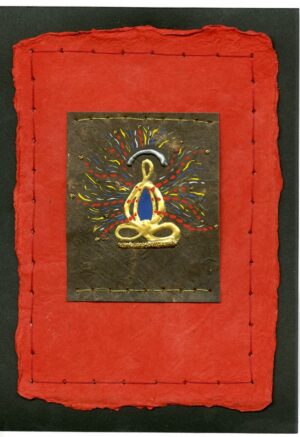
Red Hung 2016 5″ x 7″ gouache on paper with sewn black backing
Breath. Self-love. Visualization. Meditation. Stamina. Discipline. These are all actions that we commonly associate with a spiritual practice. However, for art philosopher, artist, and Buddhist practitioner Deborah J. Haynes, these attributes are also foundational to her art making process and artist identity. Starting with introductory studio art and yoga classes in college and later moving into art education while exploring Buddhist meditation traditions, Deborah has practiced art making alongside her spiritual path for decades. Having had a successful career as an artist, professor, and writer, Deborah reflects on the profound gifts that have come from merging her spiritual and creative practices.
Stamina
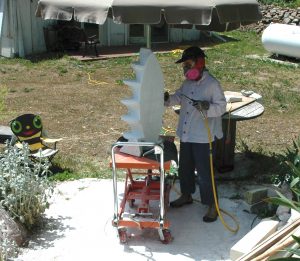
Photo by Valari Jack www.instagram.com/valarijack
In Deborah’s latest book Beginning Again: Reflections on Art as Spiritual Practice, she asserts that artists need stamina. External and internal pressures to perform, coupled with the stress of finances, often burden artists. Specifically, artists must learn to face their perceived failures in the field, while also maintaining inspiration and courage to continue following their creative desires. The path of the artist is not easy, yet a glorious freedom is granted to those who draw from inner resilience. Deborah feels privileged to not be burdened by the stresses that some artists face; art making for her is limitless, free, and true to her inner creative calling. She attributes this welcomed state of being in part to her maturity and life circumstances, but also to her spiritual practice.
Cultivating self-love within daily life, Deborah claims, is her “foundation for art making.” From her spiritual practice she has learned that before you offer your prayers to the world, you offer them to yourself. Similarly, artists can gain stamina by first offering the gift of their artwork to themselves, and then to the world. Self-compassion, respect, and love can be cultivated through meditation and visualization. Without this nurturing of self, Deborah believes, “It is hard to find the will to continue being an art practitioner.” Having years of experience as a hospice volunteer and caregiving for loved ones, she sees this lesson of inner wellbeing as the basis for any form of giving.
Discipline
Advancing in one’s spiritual or creative path requires consistency. Routine, focused, and intentional practice, Deborah believes, is how we create discipline. Throwing pots on a wheel, for example, demands incredible concentration and patience from an artist. It can take many attempts for a potter to be satisfied with a piece, which for some can be quite frustrating and discouraging. However, breath-work, visualization, and meditation can have significant impacts on an artist’s ability to overcome artistic challenges. Tuning into a conscious state of creating when in the studio can reframe practice as an act of embodied devotion.
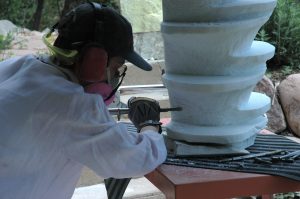
Photo by Valari Jack www.instagram.com/valarijack
If we view art making through the lens of a disciplined, meditative practice, art can have a healing and relaxing effect. Deborah writes in the Preface of Beginning Again: “I believe that art making and looking at art can be a form of contemplative practice, a space in our noisy and information-saturated lives for solitude, silence, and being in the present.” In this way, the act of art making becomes an extension of our spiritual practice, bringing forth a deeper relationship to self and our artistic identities.
Disciplined meditation can also inspire art itself. Deborah notes that she has completed over 200 small images that directly relate to her meditation while practicing within the Longchen Nyingtik Buddhist lineage under the guidance of the Venerable Dzigar Kongtrul Rinpoche. Visualizations of place or a mandala often lead her to replicate the image through her artwork. As a mixed-media artist, Deborah also has experimented with the use of written prayer in her work, bringing her silent meditations into the physical realm to be shared with others.
Acceptance and Resilience
The creative process can be full of trial and error, self-judgments, accidents, and unintended outcomes.
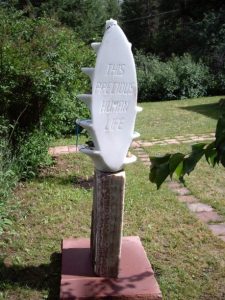
Altar
2006-10
Colorado yule marble and Aztec onyx
Text: “THIS PRECIOUS HUMAN LIFE”
photo by Deborah J. Haynes
Furthermore, like everything in life, no piece of art will last forever. At some point or another, artists must come to terms with the impermanence of their own work. For Deborah, a lesson in acceptance came with the sudden and disastrous Jamestown floods of 2013. The 17 inches of rain that fell over the course of several days was enough to destroy her hometown, residence, and art studio. Materials, tools, and much of her artwork were swept away in this historic flood, leaving behind a mess of mud and debris. Of the art causalities was a stone altar that Deborah had spent four years creating. Having lost four years of her creative life in 24 hours, Deborah was struck with grief.
Though still mourning the impacts of the flood, Deborah turned to her spiritual practice for guidance. In her search for healing, she contemplated daily a set of Buddhist teachings called the “Four Thoughts.” She names them in Beginning Again: “1) Life is precious and impermanent. 2) Death is inevitable. 3) All our actions have consequences. 3) Suffering is inevitable.” As individuals and as artists, we must confront challenges, failures, and seemingly insurmountable obstacles at some point in our lives. Awareness of these reflections, however, can move us towards acceptance and peace in times of adversity.
Accepting the inevitable nature of life is a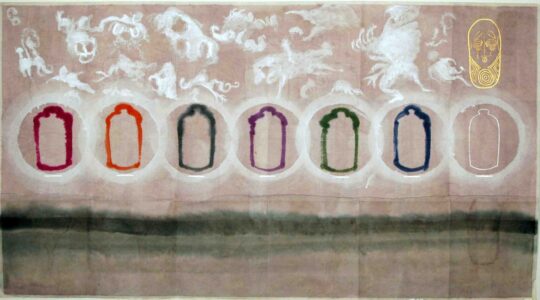 common theme seen in Deborah’s studio art. In “Meditations on Impermanence,” for example, Deborah contemplates death and dying through a series of large drawings. Her background as a caregiver, hospice volunteer, and meditation practitioner informed these pieces.
common theme seen in Deborah’s studio art. In “Meditations on Impermanence,” for example, Deborah contemplates death and dying through a series of large drawings. Her background as a caregiver, hospice volunteer, and meditation practitioner informed these pieces.
Art as an Offering to Self and Others
Art is an offering to both the artist and the audience. It brings beauty, depth, and awareness to our world. Art inspires us to be contemplative and come into a greater listening to our environment and ourselves. Deborah believes that we all have the opportunity to gift the world with art, as we are all artists in our own way. Whether it is writing, cooking, playing an instrument, or painting, we as humans are drawn to create. Regardless of your creative aspirations, she urges, we “don’t need outer recognition” to be artists. Creativity is about giving what you feel called to give.
For Deborah, much of her work is an offering to her spiritual community. One example is a series of paintings she completed in dedication to her lineage and meditation practice. Over several years, she made 50 paintings of stupas (holy sites used for veneration). Many of these paintings found homes with friends and other Buddhist practitioners who find a shared meaning and reverence for this sacred structure. While others benefit from Deborah’s work, her artwork is equally an offering to herself. She describes the creative process as being deeply relaxing, freeing, and complementary to her spiritual practice.
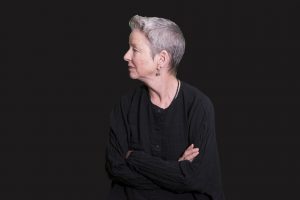
Photo by Rayna Tedfrot
*Deborah J. Haynes is an Emerita Professor of Art and Art History at the University of Colorado in Boulder. Having earned an M.F.A in studio arts from University of Oregon and a Ph.D. in religion and art history from Harvard University, Deborah identifies as both an artist and art philosopher. Her creative projects include mixed-media drawings, marble carvings, installations and writings, all of which explore themes such as death and dying, religion, and contemplative practice. Haynes’s background in caregiving, meditation, spirituality, and hospice volunteer work serve as inspirations for her artwork. Deborah Haynes has published seven books, the most recent of which explores art and spirituality: Beginning Again: Reflections on Art as Spiritual Practice.
To learn more about Deborah Haynes, visit her website: https://deborahjhaynes.com/about
To purchase one of her books, visit:
Deborah J. Haynes is ESAI’s Featured Artist August – September 2021

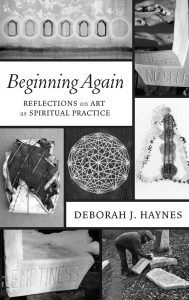
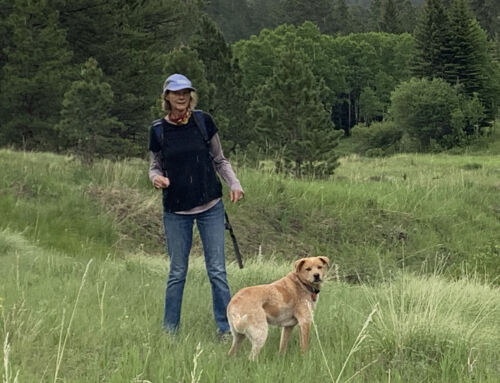
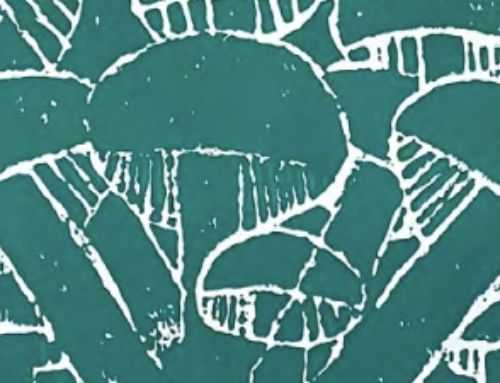
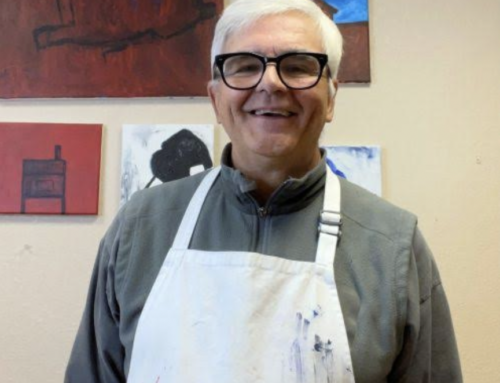
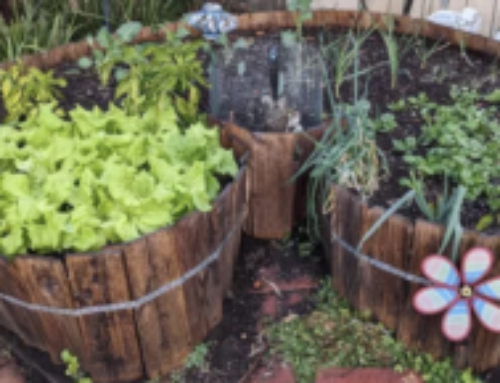
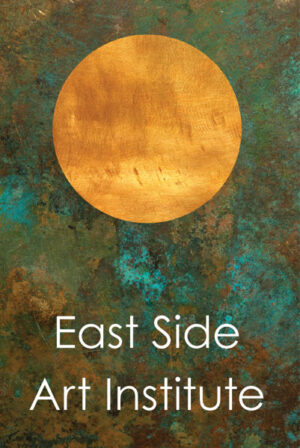
Leave A Comment